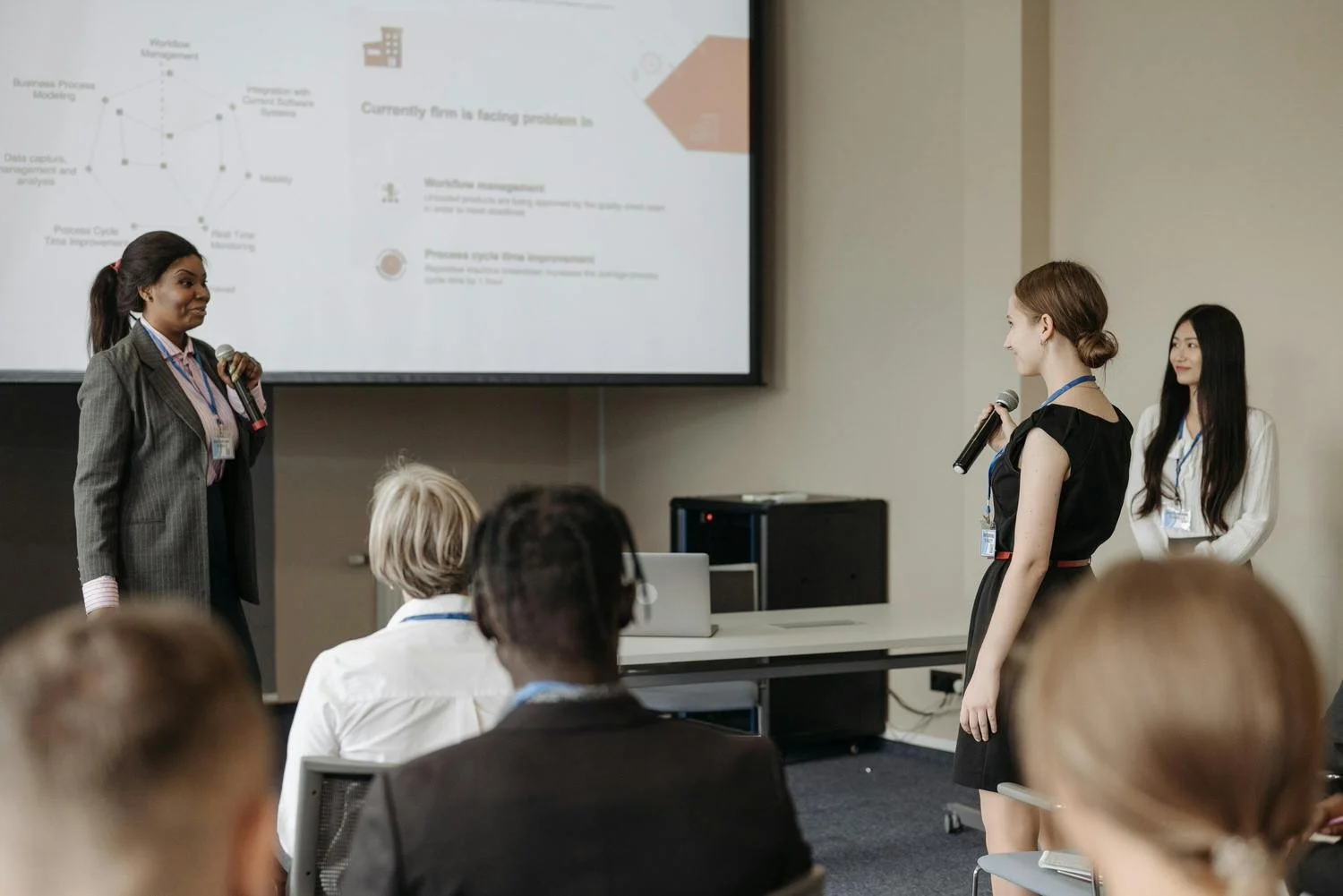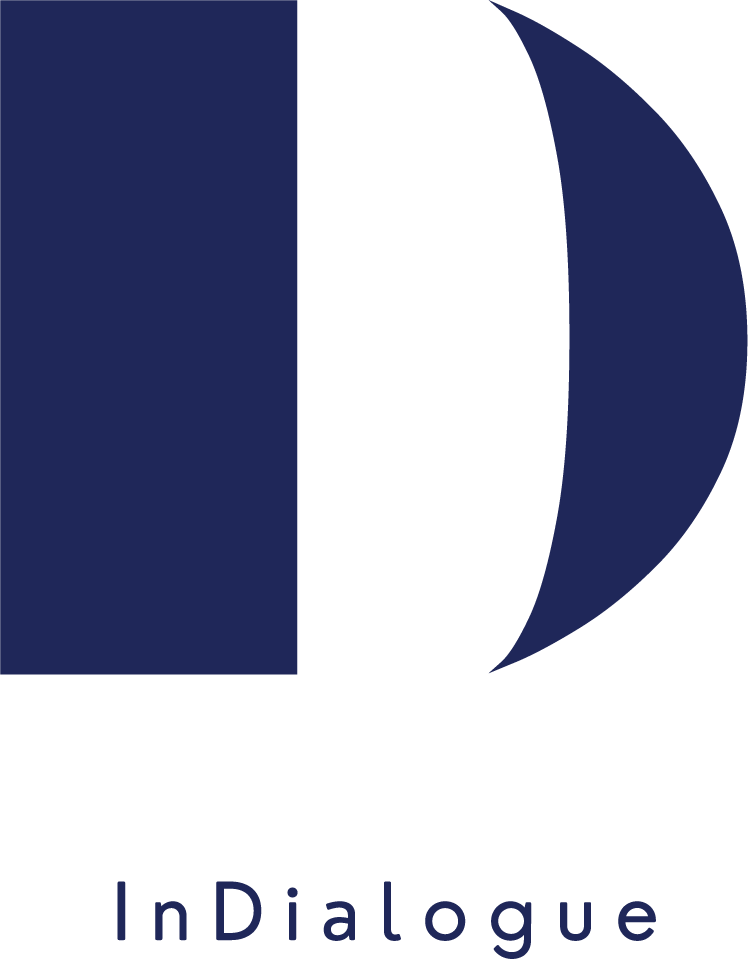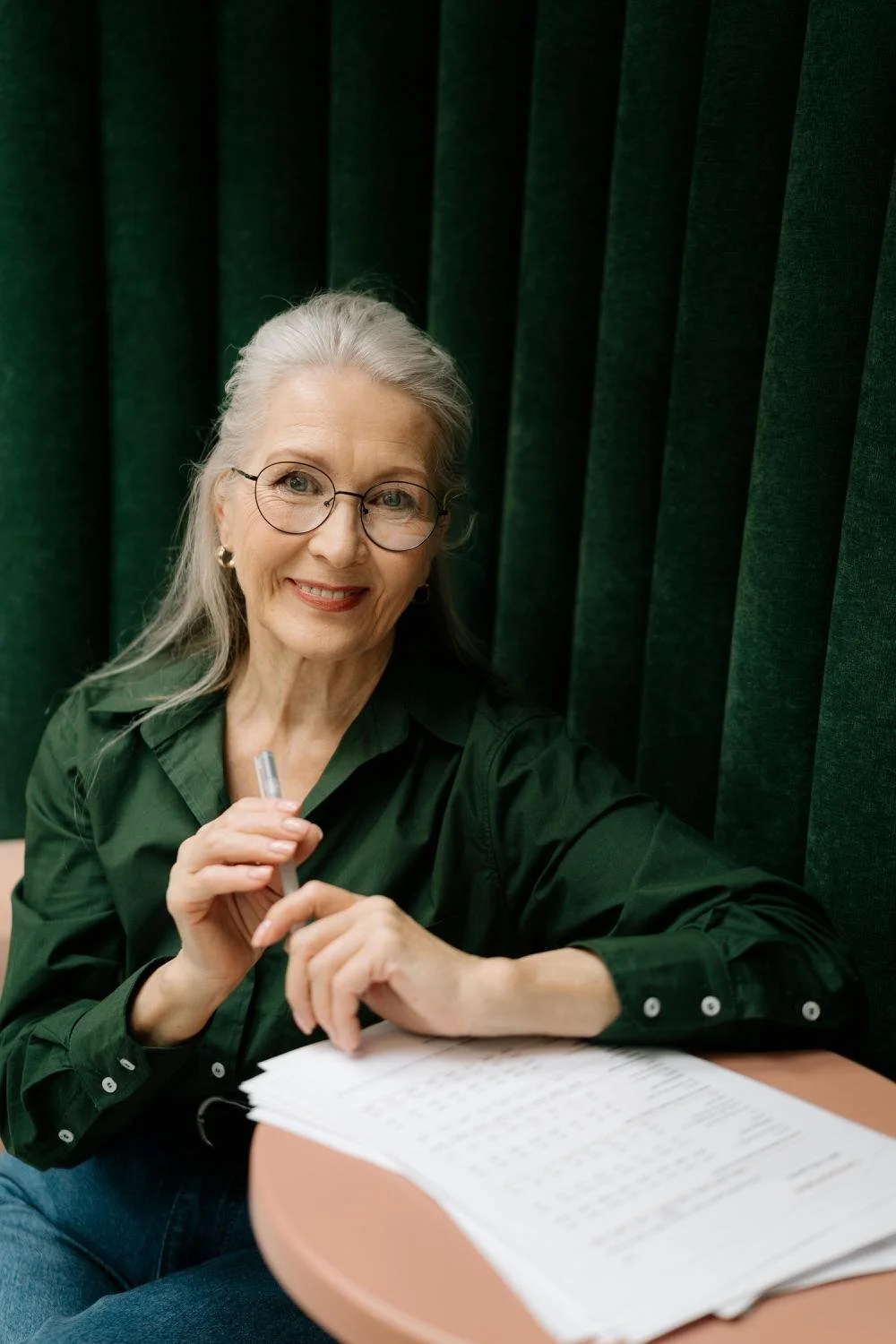
Frequently Asked Questions
-
Working integratively helps me meet your needs more supportively. There are many models, many theories, many schools of thought. I haven’t (yet) found one that does everything by itself.
This doesn’t mean my approach is slapdash. I don’t just throw lots of things at you and hope something sticks. I have years of experience building an approach and shaping programmes that are founded in research, practice, and the lived experience of myself and my clients.
Using a toolkit of theories and strategies (which I’m trained to do), I work collaboratively with my clients, to make sure the approach is working, bringing in new words/ideas/language/ways of thinking, doing and being to help each individual as appropriate.
-
This goes beyond Terms of Business, and can be written or verbal (Usually, it will be written following a verbal conversation.) The contract between a client and coach highlights the particular nature of our working together.
Coaching is collaborative and productive, genuine and kind, thoughtful and just the right amount of challenging. Part of our discussions will include, “What do you want from me?” Here we’ll think about how you like to work, what you find helpful, how much you want to be challenged. This is something we review as we go along.
I take this work sincerely, and approach it with care and thought. How fast we work and how much and how immediately you integrate this with your daily life is your decision.
-
In my experience and as you can see from client testimonials you will absolutely see change and progress.
By definition, there are no guarantees in coaching. The degree and speed of change is dependent on each individual client’s needs and resources available to them.
It takes time. But with commitment and over time progress will take place.
-
Coaching is not the same as teaching.
I will introduce you to new skills and habits, ways of voicing and thinking. I will offer exercises and other activities for you to use to embed skills as habits. The time it takes for these to fit and feel comfortable will vary.
-
This depends on your focus and the questions you have and want to explore. We’ll discuss this in our initial half hour call, which is complimentary and doesn’t oblige you to become a client.
All the work involves technical voice work, support and practice. Most clients work on breath, voicing, tone, conversation, and presentation (whether in a meeting, interview, socially, or other situation). We will consider your voice as a communication tool and as your identity. We’ll think about and work on situations where you feel held back by your voice and where you want to enhance it.
Larger questions about life and work often come up and we’ll address these as deeply as you need to.
-
Voice is physiological. There is no way to work on it without connecting to the body and the breath. But we work at your pace, to your abilities, and in your time.
-
Clients have found this work increases their ability to communicate authentically, deliberately and, flexibly.
Confidence rises, and the ability to respond to and cope with nerves improves. Vocal technique, clarity, power and breath control increase.
Clients gain self-awareness and understanding of how to deal with conflict, with people and situations that don’t resonate for or with them.
-
You may find you want to do more speaking, or that you are asked to do more.
You may find that people respond differently to you because your voice sounds more confident and grounded.
You may discover new areas for work, and inspiration for entrepreneurial efforts and life pathways.
-
If you sign up to receive my newsletter I send out tips and ideas (don’t worry! These are kept to a minimum - your inbox will not be inundated by me).
If you’re working with me, you’ll receive exercises relevant to the coaching and this will include personally recorded audio/video material to help you practice/ remember work from the sessions.
-
This can often be a worry for people, but there’s no judgment when it comes to how much practice you either can do or want to do.
Practice depends entirely on the time you have available. Some exercises might be reflective; some might involve bodywork; some might involve voice work. Some exercises can be done walking down the street/ in the shower/ while driving. Other exercises might benefit from space to lie or sit down and focus solely on the practice.
2-3 minutes a day will still mean you’re developing new memories, habits and neural pathways. 2-3 minutes 3 times a day will work wonders. Perhaps you can only do 20 minutes every other day. Perhaps you can only practice at the weekends.
We’ll work together to find a way to be deliberate in practice, at your own pace and within your availability.
Some people don’t practice deliberately at all. But they find they are doing the work in real life. While going about their daily business they implement ideas, strategies, and techniques we’re working on in the sessions.
-
Depending on your contract, I offer individual and corporate rates.
I run a sliding scale according to each person’s needs or situation. There shouldn’t be a financial barrier to you developing your voice.
-
Absolutely. This is something we’ll discuss when talking about your hopes, aims, and creating your programme.
-
No problem at all. Any work on your voice will show up positively in all areas of your life. We’ll discuss together what your focus for the work is. And we’ll keep checking in during the work to make sure the focus is still right for you.
-
Working on the creative elements will resonate across all areas of your life. You can choose to make, for example, the professional area of your life the focus of the creative work. We’ll discuss this together to make sure the focus and the approach are right for you.
-
Each programme has elements that naturally cross over into the others. The main thing is to follow your gut on where you want to weight your focus.
Consider: what do you want to do? What are your head, your heart, and your gut saying? Our gut is often what we should follow, even if we don’t understand why until later.
Book an introductory call and we can make sure the work is what you need it to be. That’s why each programme is designed by me to be bespoke to you.
-
Book a call and we’ll chat about what brought you here. There’s no obligation to book sessions. Maybe our conversation will help you decide another approach is right for you - and that’s fine.
What matters to me is that something brought you here. I’m curious about what that was, and if I can say or suggest something in our call that gives you greater clarity then that’s a win for me.
-
This is fine. One-off sessions tend to work when you have a clear idea of what you want to work on. Often this is an event coming up (from a Town Hall, conference, fireside chat, quarterly presentation, to speaking at a wedding or funeral or university address, giving an acceptance speech, preparing for an interview or audition, and so on). Get in touch and we can chat about what you need.
-
Absolutely. It’s good to have a conversation before signing up to anything, so do schedule a call with me and we’ll talk through what you’re looking for and whether my approach can help.
You can get a sense of some practical voicework, and why I passionately believe in it, in an article I wrote for Aeon/ Psyche Magazine, here: How to Find Your Voice.
Do you have another question?
Please reach out using the button below.



